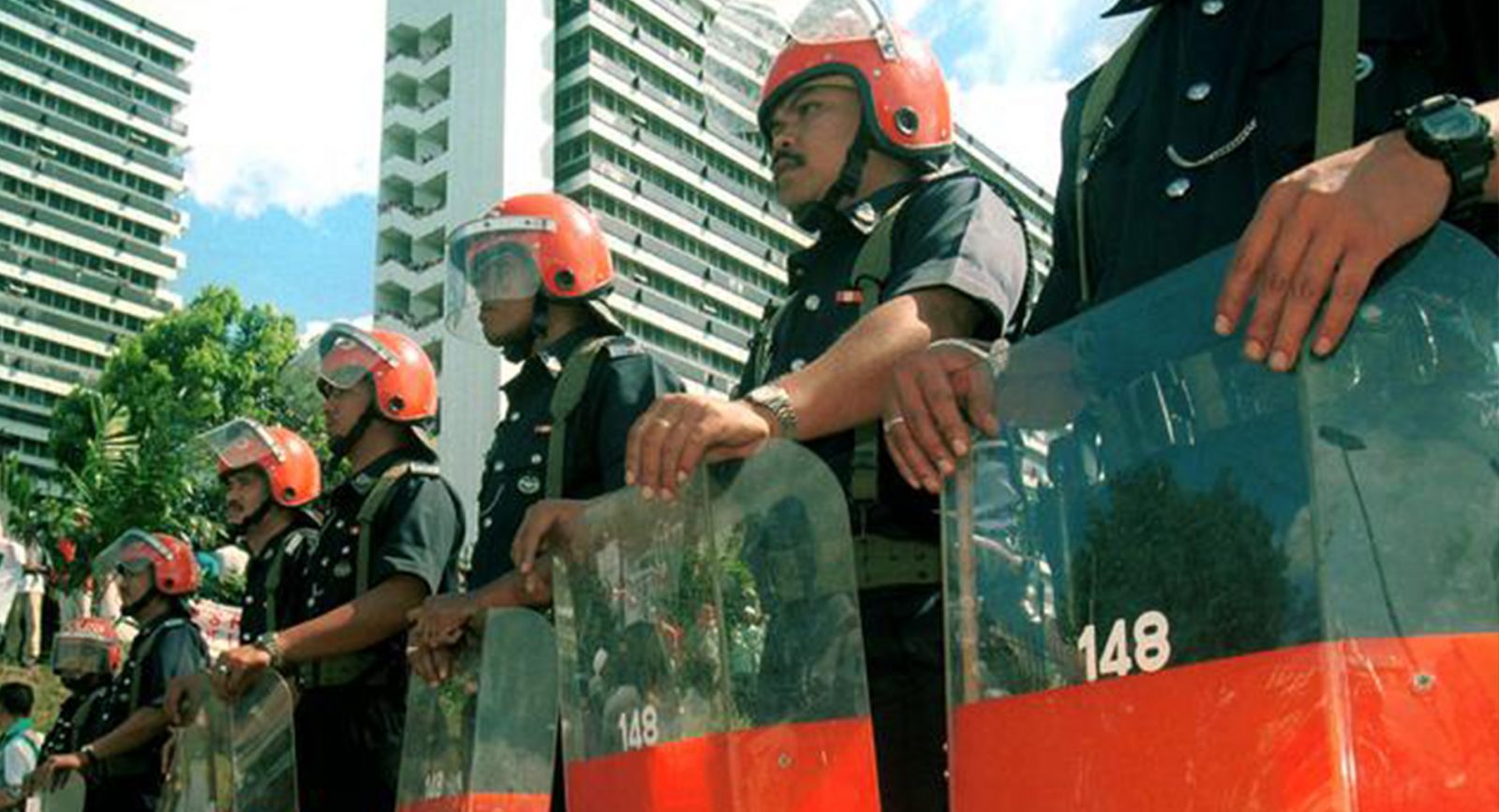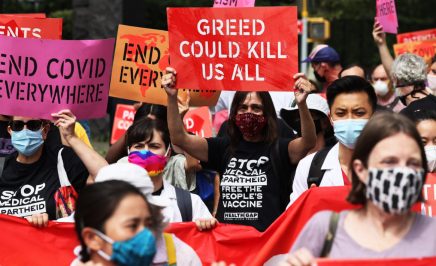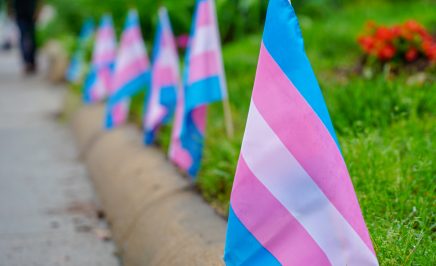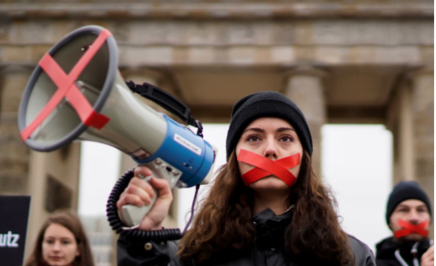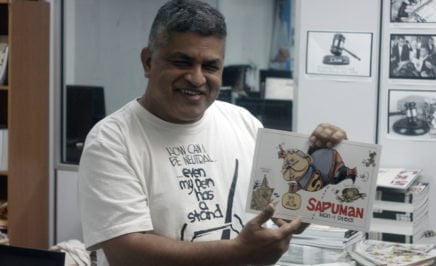Malaysia’s new government still has a long way to go to fulfil its agenda of human rights reform, despite some notable achievements during its first 100 days in power.
While the Pakatan Harapan coalition has taken some positive steps, including the pardon and release of former opposition leader Anwar Ibrahim and the abolition this week of the Anti-Fake News Act, promises to repeal other repressive laws, including the Sedition Act, have seen little progress. Meanwhile, the situation on LGBTI rights and the treatment of migrant workers has regressed since Prime Minister Mahathir Mohamad’s election win in May.
“After 100 days in power, Pakatan Harapan’s report card on fulfilling its human rights agenda is a decidedly mixed picture. Credit must be given for repeal of the Anti-Fake News Act, the promise to review the use of the death penalty and the release or acquittal of several government critics, but the lack of progress in other areas is highly disappointing,” said Rachel Chhoa-Howard, Amnesty International’s Malaysia Researcher.
Repressive laws remain
“A host of repressive laws remain on Malaysia’s statute books, including the notorious Sedition Act, which is still being used to silence peaceful critics, while the situation for LGBTI people and migrant workers in the country is deteriorating.”
The Sedition Act has been systematically used in Malaysia for decades to suppress freedom of expression and silence government critics. Despite promises that it would be revoked, so far, only vague commitments to review the Act have been undertaken. Since the new government came into office, activists Fadiah Nadwa and Asheeq Ali have been called for questioning under the Act.
Similarly, pre-election assurances that the Security Offences (Special Measures) Act (SOSMA) would be repealed have failed to materialize. The law, which allows for the arbitrary detention without trial of suspects for up to 28 days, remains firmly in place, with a government minister stating earlier this month that the Act was “good”.
Hostile climate for LGBTQI people
The climate for LGBTI people in Malaysia has become increasingly hostile in recent months following negative statements by government officials, including a series of discriminatory comments by the country’s Religious Affairs Minister. Last week, two women were sentenced to six strokes of the cane for same-sex relations. Meanwhile, migrant workers have been subjected to round-ups by the authorities, despite the fact that many may be victims of trafficking and exploitation.
Amnesty International is calling on the Malaysian government to make good on its promises to repeal the country’s repressive human rights legislation as well as ratifying international human rights conventions it is not currently party to – including the International Covenant on Civil and Political Rights. It must also fulfil its pledge to make Malaysia inclusive and free from discrimination.
“Pakatan Harapan came to office on a wave of goodwill amid hope that true progress on human rights was coming to the country,” said Rachel Chhoa-Howard.
“The danger now is that human rights will slowly recede as a priority the longer they are in power. It’s imperative that the government does not miss this golden opportunity to effect real change in Malaysia. Pressure to fully deliver on its human rights promises must be kept up.”
Background
Amnesty International has welcomed many of the changes introduced by the government since they assumed power on 10 May 2018, starting with the release of Anwar Ibrahim. In June, Pakatan Harapan announced it would consider the abolition of the mandatory death penalty, while in July the political activist Zunar was acquitted of nine sedition charges.
This week the government also repealed the Anti-Fake News Act, a law passed in March this year which Amnesty International condemned at the time as an “assault on freedom of expression” aimed at silencing government critics.
In May 2018, Malaysia experienced its first change in government since gaining independence in 1957. Ahead of elections, Amnesty International published a Human Rights Agenda outlining eight key human rights issues that the new government must prioritize.
These included the rights to freedom of expression and association, addressing torture and inhuman and degrading treatment, better protections for refugees and people seeking asylum, abolishing the death penalty, respecting the rights of Indigenous Peoples and ending the persecution of LGBTI people.
